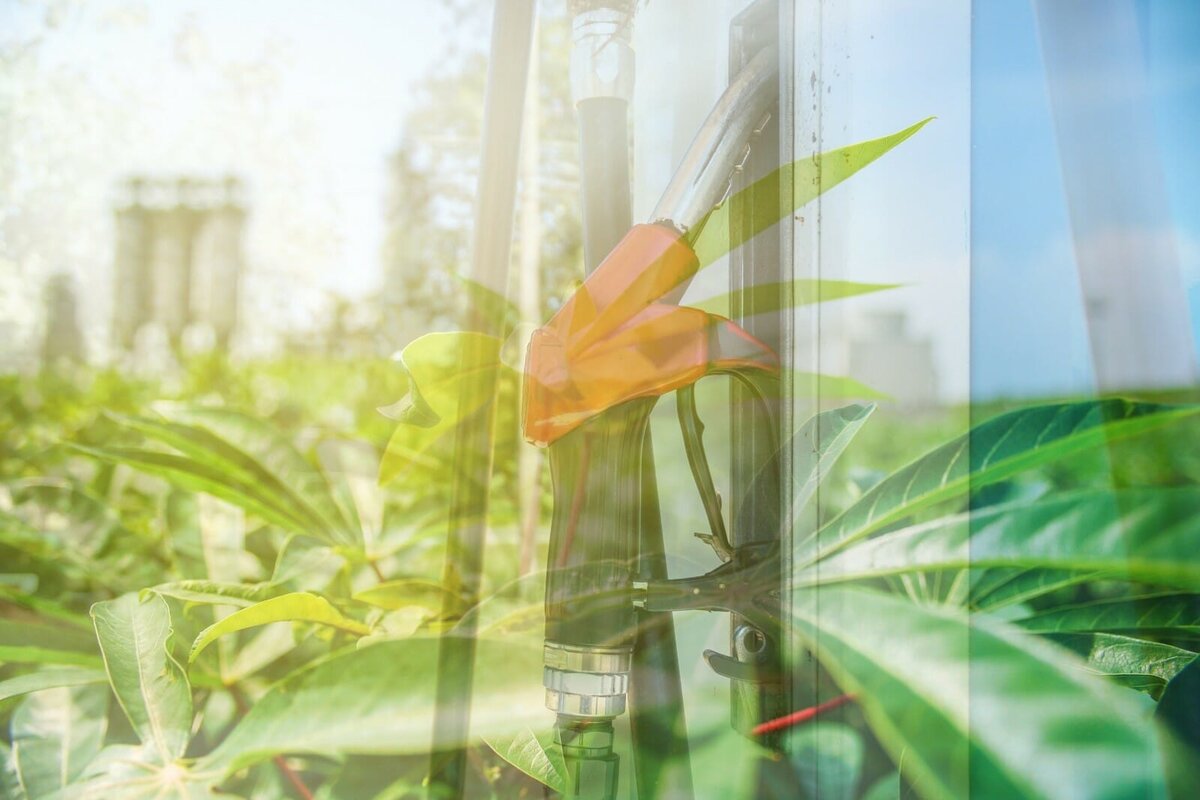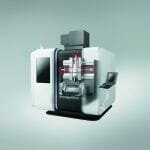From September, greener petrol with a 10 per cent bioethanol mix will become the new standard. Filling stations across the UK will be switching from E5 petrol to greener E10 unleaded, designed to cut vehicle emissions. It will likely marginally increase fuel bills – and astronomically hike running costs for owners of older vehicles who will need to avoid using it.
That is because models produced as recently as the early 2000s may not be compatible with the new fuel due to its higher bioethanol mix that can damage components in older vehicles.
Doubling the amount of bioethanol in fuel can cause various issues in older vehicles, mainly because ethanol is hygroscopic; it absorbs water from the atmosphere. And that water, in turn, finds its way into your car. Leading to condensation in fuel tanks, fuel lines and carburettors and cause corrosion in brass, copper, lead, tin, and zinc components. As ethanol is also a solvent, it can eat through rubber, plastic, and fibreglass, so hoses and seals are likely to perish more quickly because of the higher ethanol concentration in E10.
E5 will be in the form of super unleaded, which is far more expensive than conventional, lower octane petrol. It is currently priced at 139.6p-a-litre compared to 126.3p for standard petrol, according to average UK fuel prices at the time of publication.
One way business owners can reduce costs is by using a fuel card. Before activating the card, you can specify exactly how you or drivers use it, setting limits on the cash spent, the number of gallons it can buy, or hours used.





